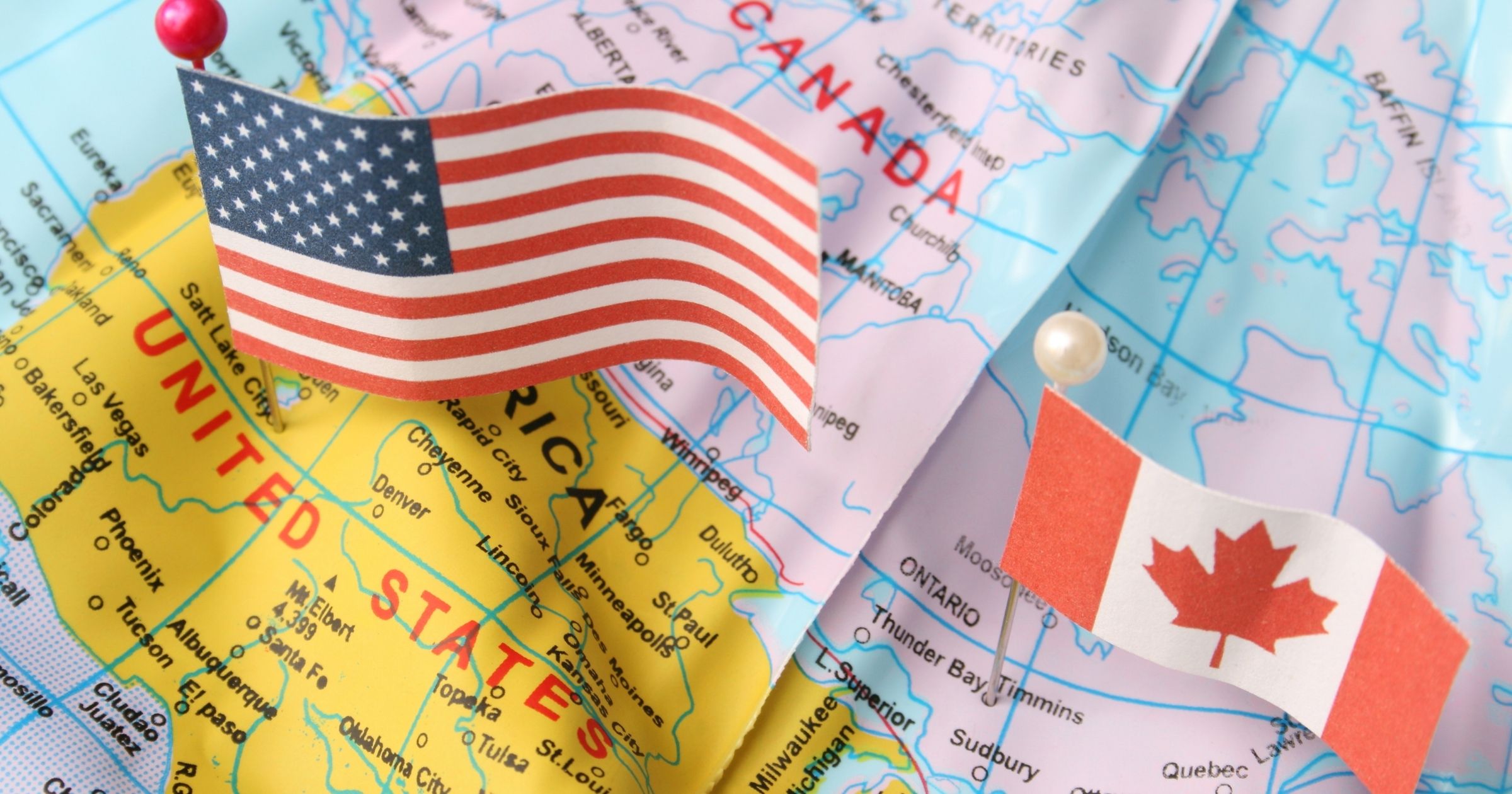CDC Issues Guidance on Wearing Masks During Travel
Recently, the Centers for Disease Control and Prevention (CDC) issued new guidance that "strongly recommends appropriate masks be worn by all passengers and by all personnel" when traveling, including on airplanes, subways, buses, taxis and more.
As widely reported, face masks help prevent people who have COVID-19, including those who are pre-symptomatic or asymptomatic, from spreading the virus to others. The CDC says masks are most likely to reduce the spread of COVID-19 when they are widely used by people in public settings. Wide use of masks especially helps protect those at higher risk of severe illness from COVID-19, as well as workers who frequently come into close contact with other people.
U.S. Travel Association President and CEO, Roger Dow, shared a statement praising the guidelines.
"The CDC's new guidance really says it all: 'America's transportation systems are essential ... for America's economy and other bedrocks of American life.' There simply cannot be an economic and jobs recovery unless travel is able to broadly resume, and the universal embrace of mask-wearing and other hygiene measures is the thing that is going to enable that to happen.
"That's why the travel industry has been emphasizing the necessity of masks since the early days of the pandemic, and will keep repeating it as often as we need to until it's fully automatic behavior among travelers. The CDC's latest message is helpful and clear, and will be important for promoting a crucial understanding heading into the holiday season: safe travel is absolutely possible as long as everyone in the travel ecosystem employs best health practices."
Below are some of the points included in the CDC's recommendations for mask wearing during travel:
- People should wear masks that cover both the mouth and nose when waiting or, traveling on, or departing from public conveyances. People should also wear masks at an airport, bus or ferry terminal, train or subway station, seaport, or similar area that provides transportation.
- People should wear masks when traveling into, within, or out of the United States on conveyances.
- Conveyance operators transporting people should refuse boarding to anyone not wearing a mask and require all people onboard, whether passengers or employees, to wear masks for the duration of travel except in the following circumstances: for brief periods while eating, drinking, or taking medication; if unconscious, incapacitated, unable to be awakened, or otherwise unable to remove the mask without assistance; and when necessary to temporarily remove the mask to verify one's identity such as during Transportation Security Administration screening or when asked to do so by the ticket or gate agent or any law enforcement official.
Conveyance operators should ensure that any person on the conveyance wears a mask when boarding, disembarking, and for the duration of travel. Depending on the circumstances, conveyances operators should take the following actions:
- Provide information to people purchasing tickets or otherwise booking transportation (in advance or on the day of departure) on the need to wear a mask on the conveyance and that failure to comply will result in denial of boarding. Operators should provide this information again at the time of boarding.
- Board only those people who wear appropriate masks.
- Monitor the conveyance for any person who does not wear a mask and seek compliance from such person; and at the earliest opportunity, disembark any person who refuses to comply.
- If possible, have masks available for those passengers who do not have a mask.
For more information, including guidance on exemptions, visit CDC.
Written by Sarah Suydam, Staff Writer for Groups Today.



